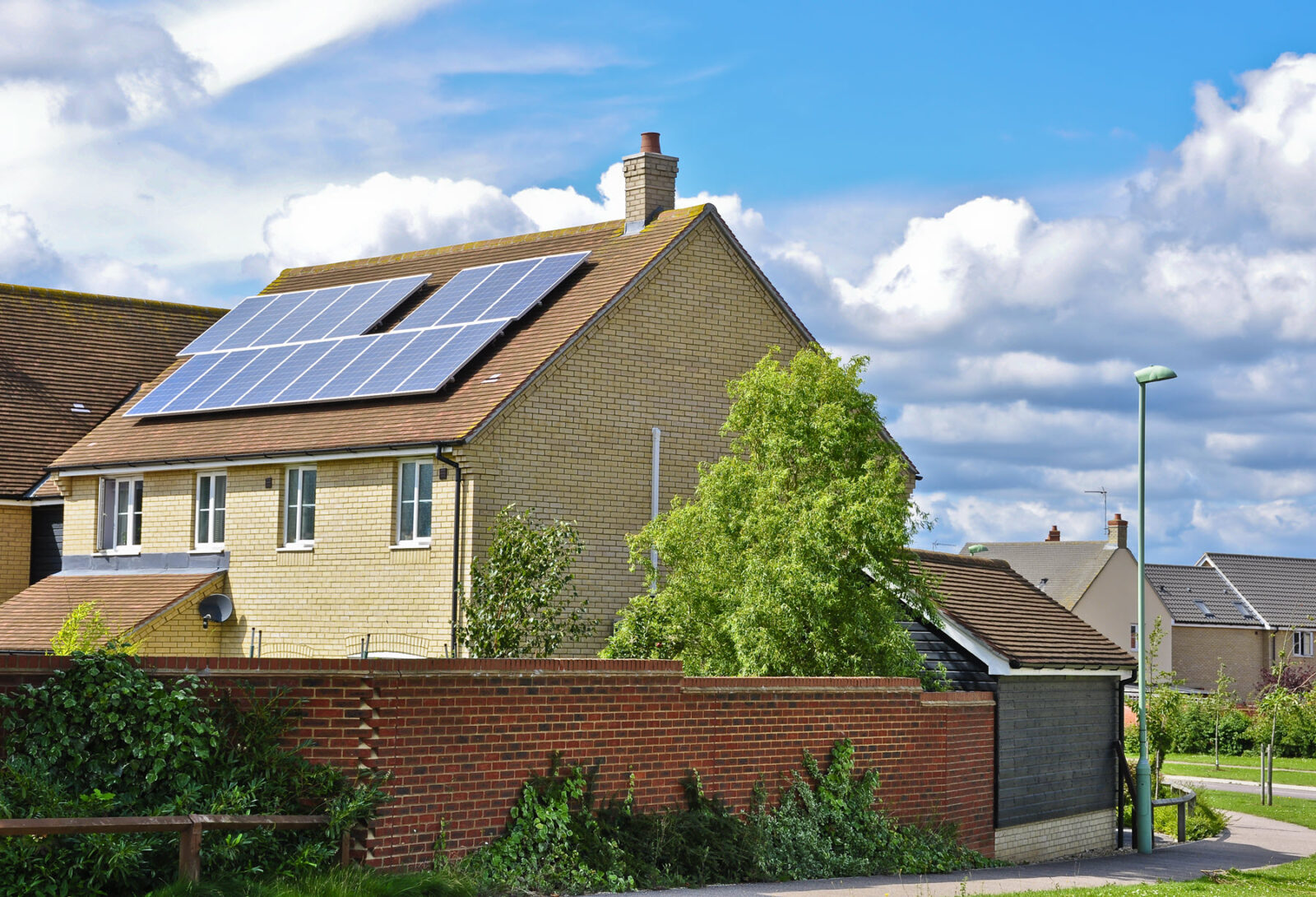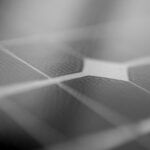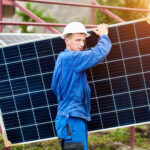The solar panel market it booming.
Both businesses and individuals are finding that they are slashing (if not totally eliminating) their electric bills by going solar.
With falling prices, the big environmental benefits and great government incentives, solar panels are becoming very common worldwide. But, despite all this, a lot of people are still not very familiar with them or how they work.
Most people know that you need sun to power solar panels. But what happens when the sun isn’t out? Do solar panels work on cloudy days?
The answer might surprise many of you. So let’s get right to it!
Do Solar Panels Work On Cloudy Days?
The short answer to that is yes. A solar panel will still work on a cloudy day. So, even though there’s not as much sunlight available when the sun is hiding behind the clouds, your panels will still produce electricity.
Sunlight is still able to pierce through the cloud cover and make it to the ground, and your solar panels. The panels made today are able to absorb all types of light (even if it’s weak and/or reflected) and convert that light into electricity.
Infrared light is also a factor here. This type of light has a longer wavelength than the light we are able to see. In fact, under some conditions, infrared light (and UV rays) can be enhanced by cloud cover.
How Efficient Are Solar Panels on Cloudy Days?
But that’s just part of the answer. Because there’s a follow up question here that’s very important to answer. And that question is how well do solar panels work on cloudy days? Or, put another way, how efficient are they at making electricity when clouds are blocking the sun?
On cloudy days, most estimates are that solar panels produce around 10% – 25% of their output when compared to sunny days.
But this can vary depending on a few different factors. Two of the biggest being what types of clouds are in the sky and the amount of cloud cover.
One way to counteract this is to get the most efficient solar panels possible for your home. The more efficient the panels, the more energy they’ll be able to produce. Even in lower light conditions.
Other Factors That Affect The Efficiency of Solar Panels
Cloud cover is not the only factor that affects how efficient solar panels are. Another is temperature.
Solar panels are actually more efficient in cooler weather. The performance of panels peaks at around 77°F. Once the temperature starts climbing above that, the output of the panels starts to drop.
Do Solar Panels Make Sense If You Live In An Area That’s Very Cloudy?
So what does all this mean if you live in an area that gets a lot of cloudy days? Well, two cities that are best known for having a lot of sunny days – Portland, OR and Seattle, WA – rank in the top 30 cities in the US in terms of number of solar installations.
While panels in these cities may be inefficient in the cloudy, rainy winters, the cool, sunny summers in these areas make solar an attractive option for many.
And in cold, rainy Germany, over 50% of the country’s electricity is powered by renewable energy. In fact, the country has over 1.5 million solar systems installed, far outpacing the United States.
So just because you live in a cloudy area, don’t assume solar doesn’t make sense!








